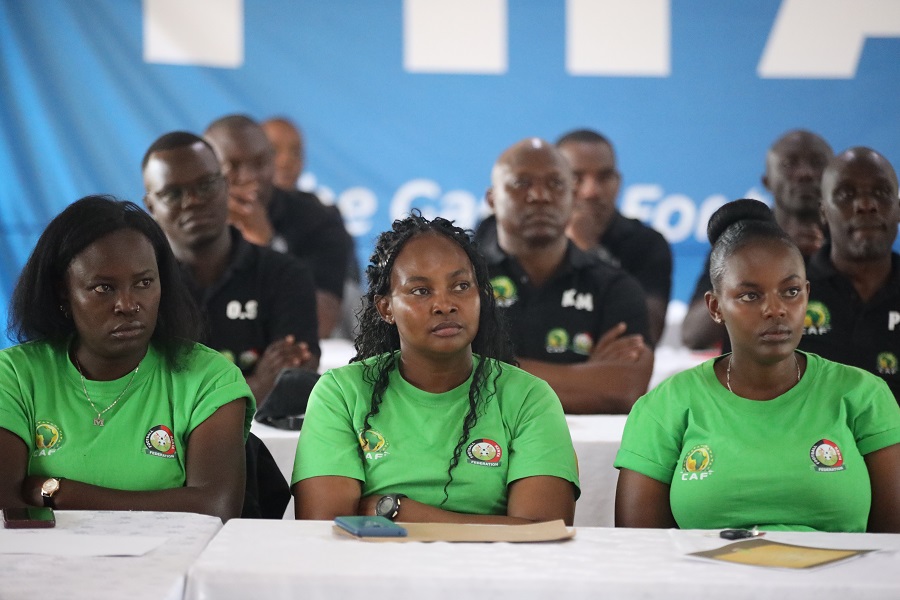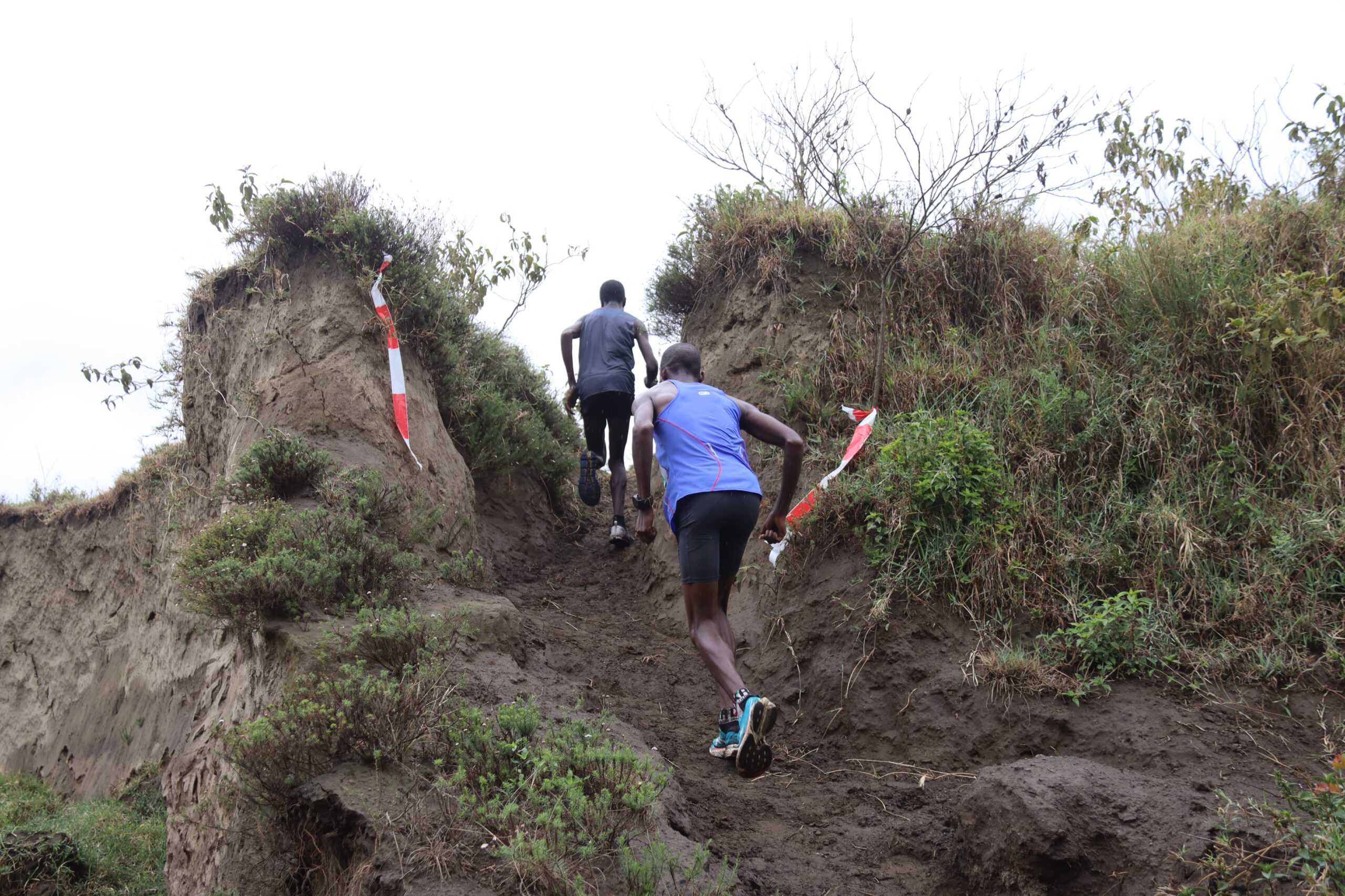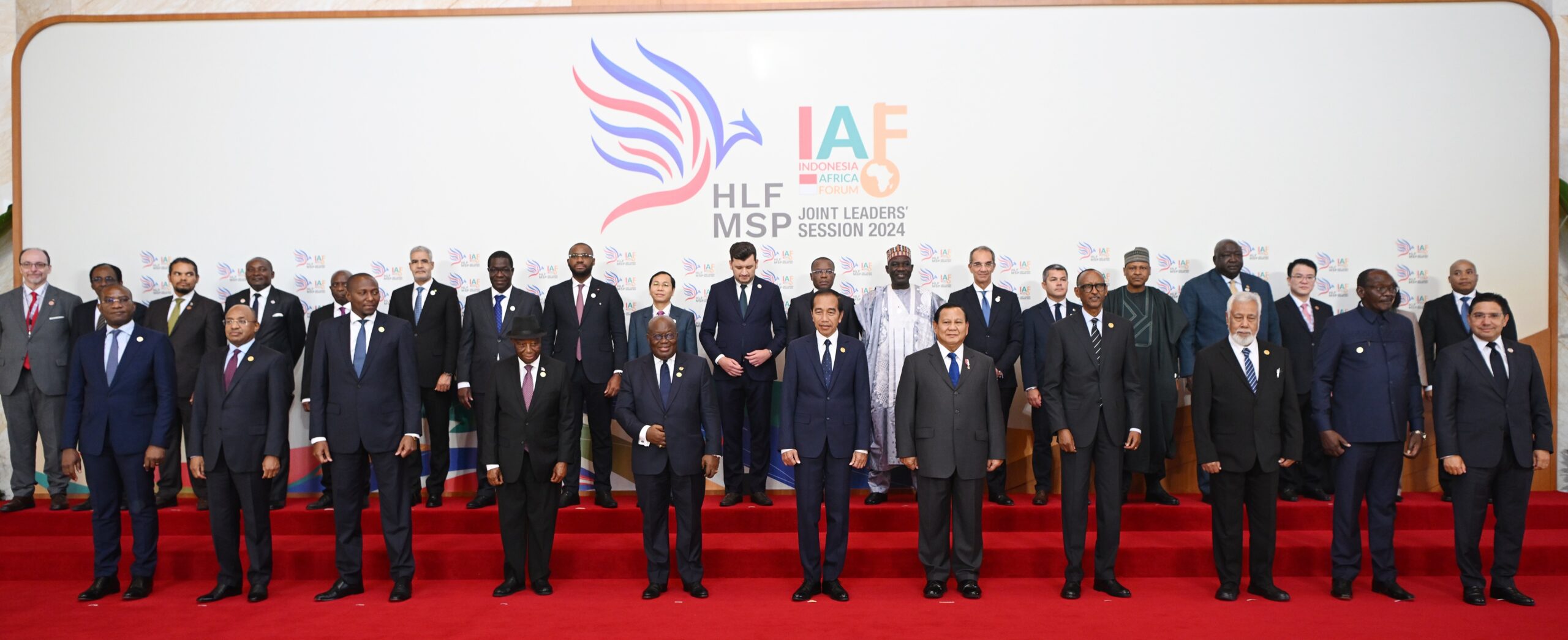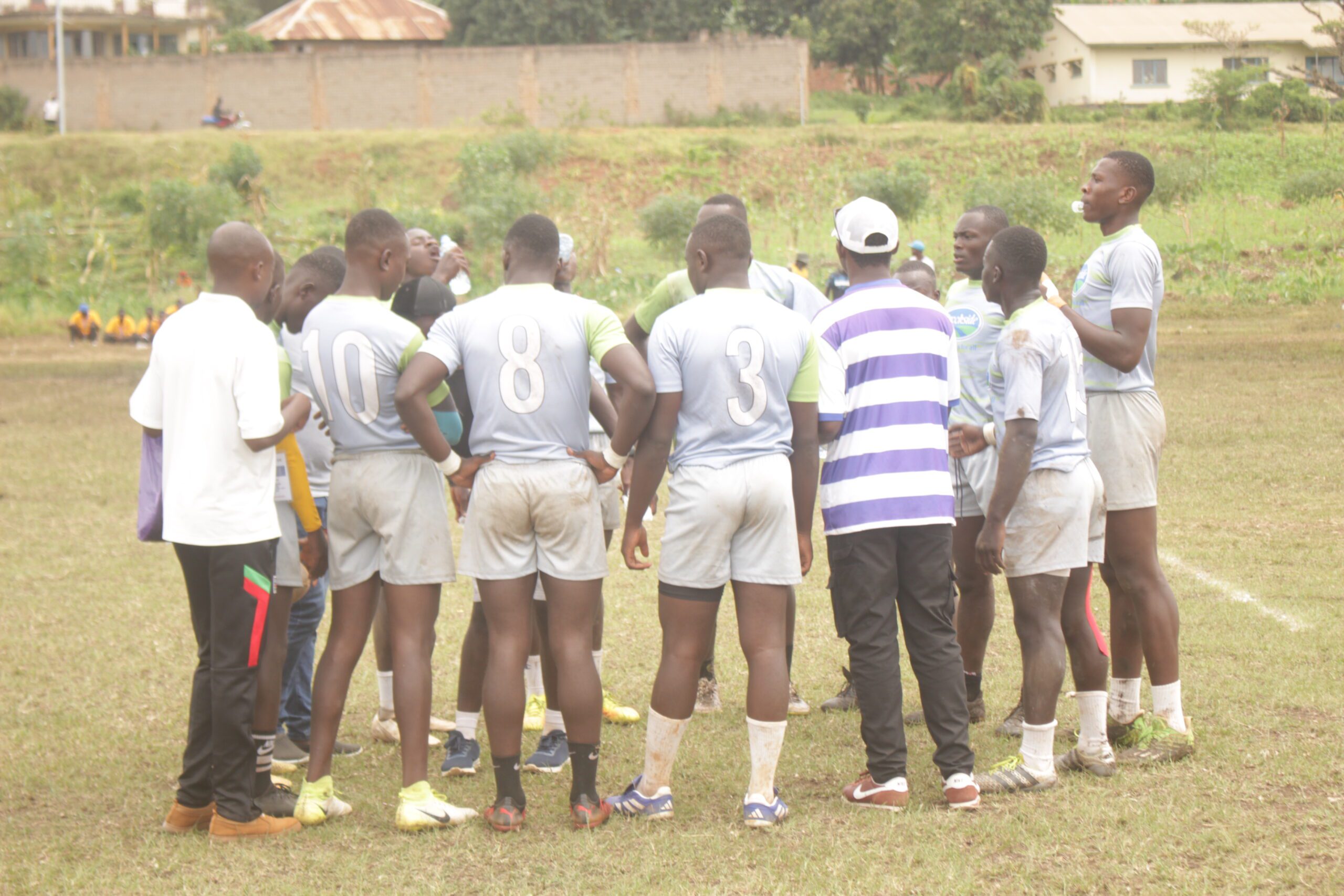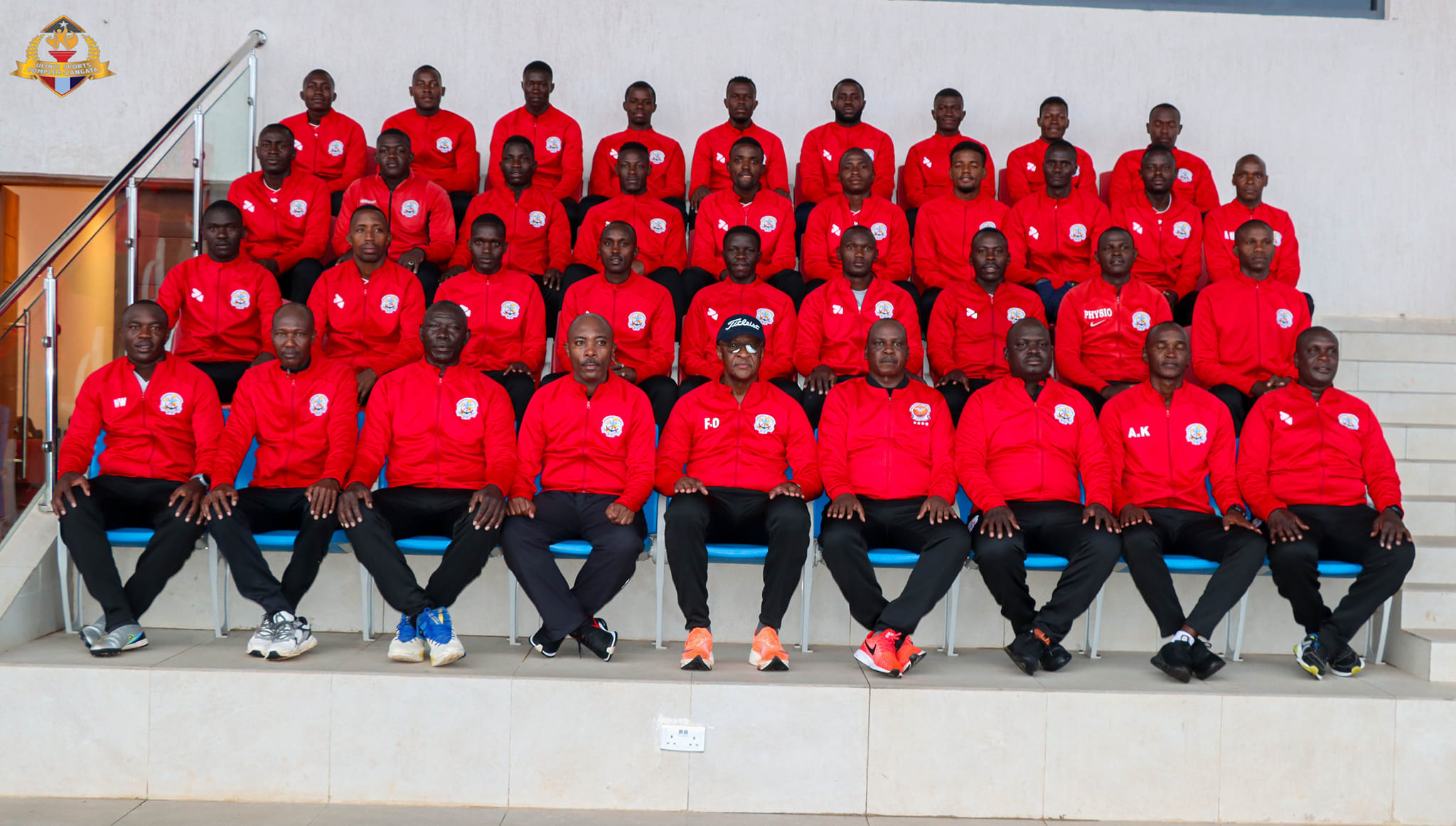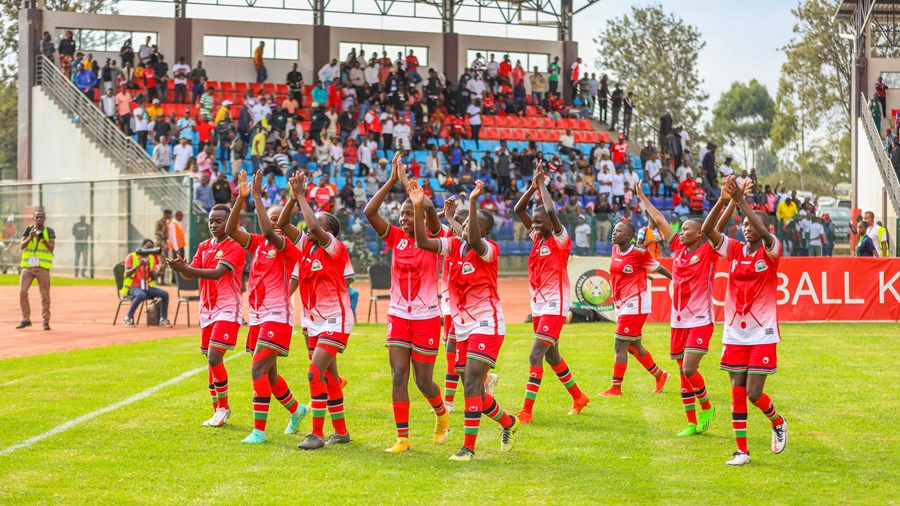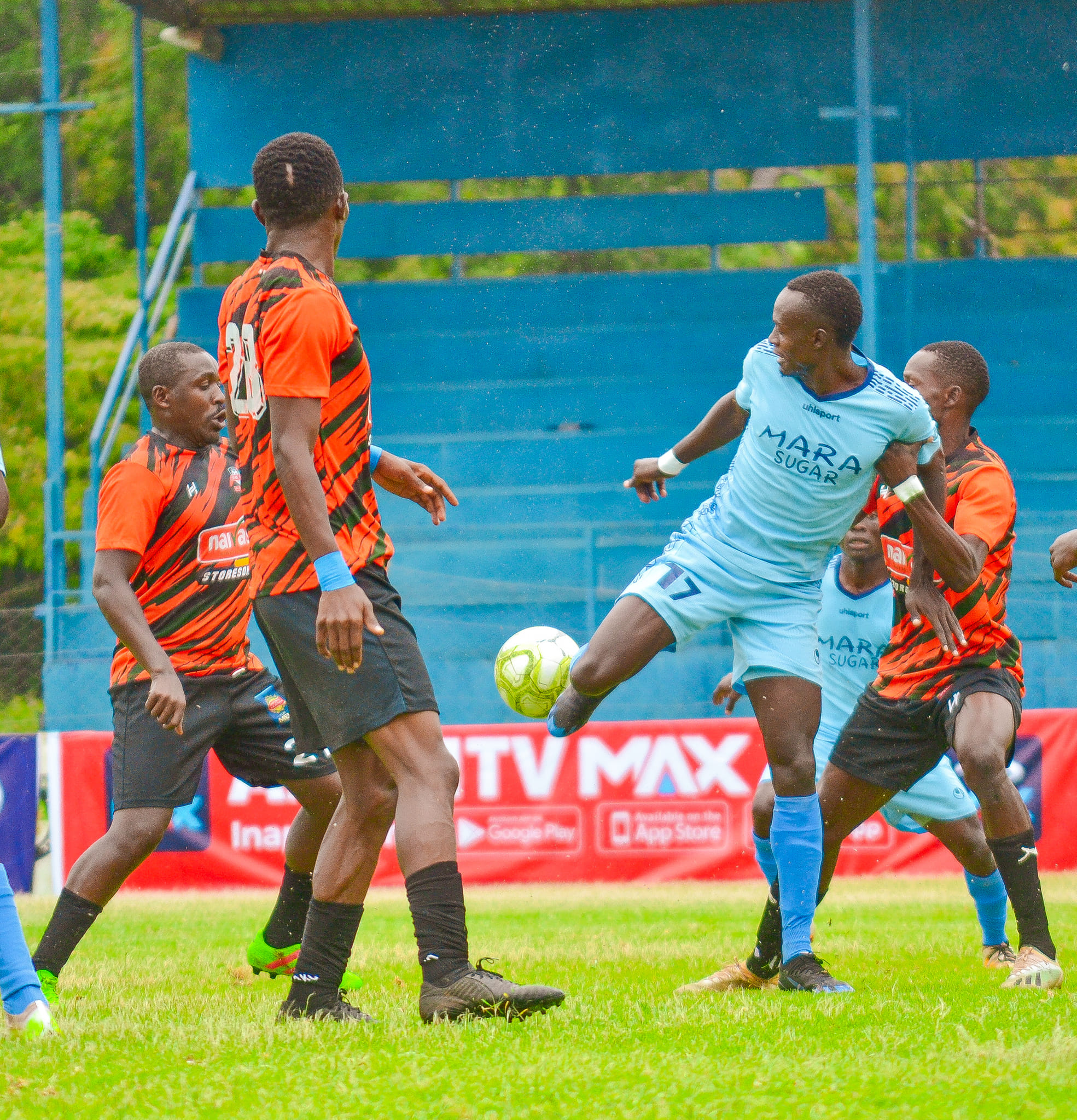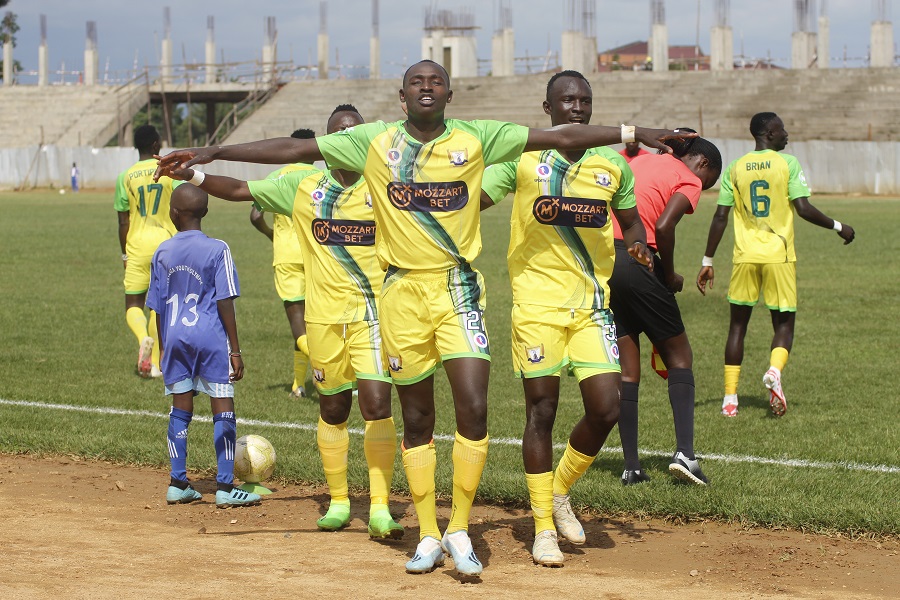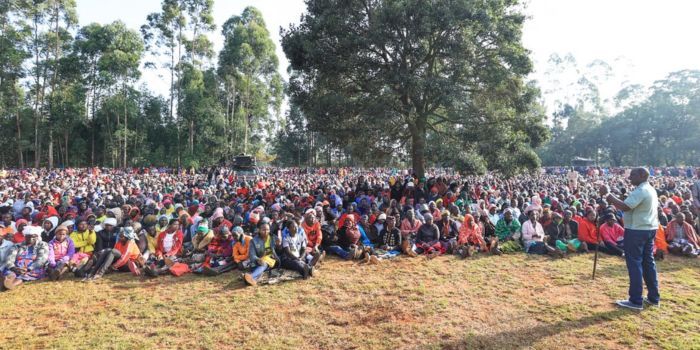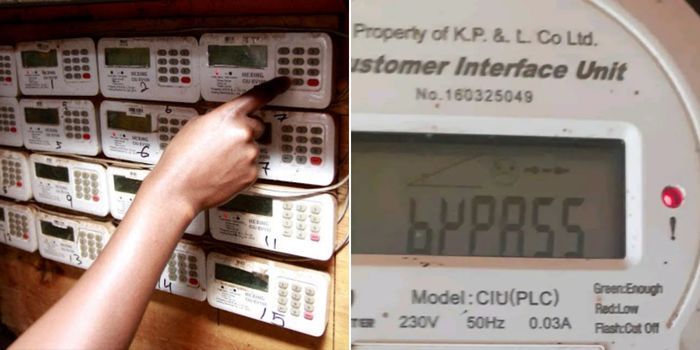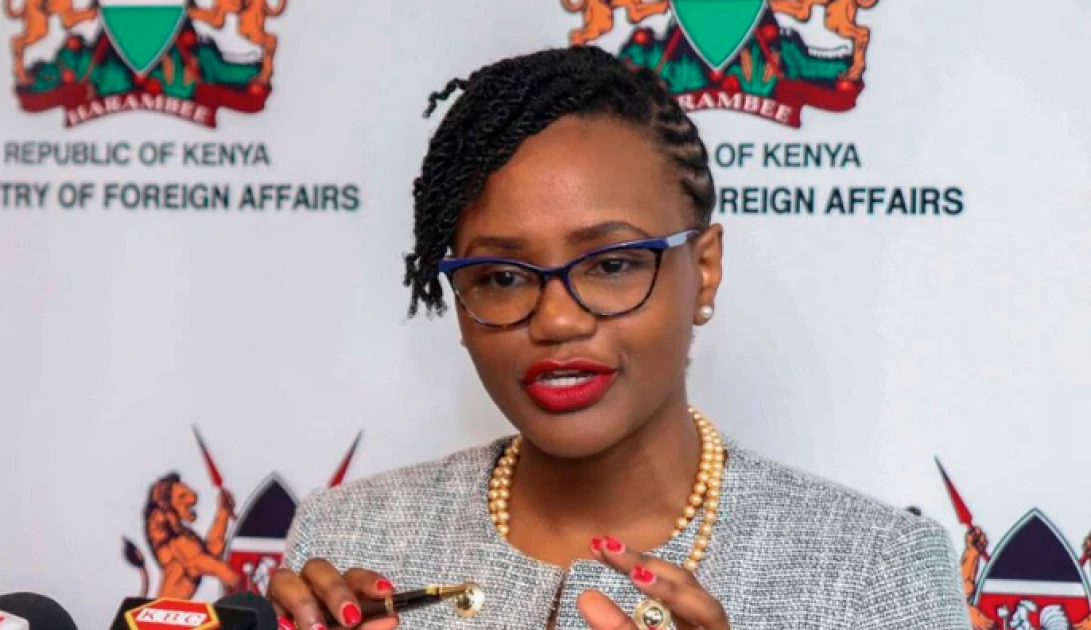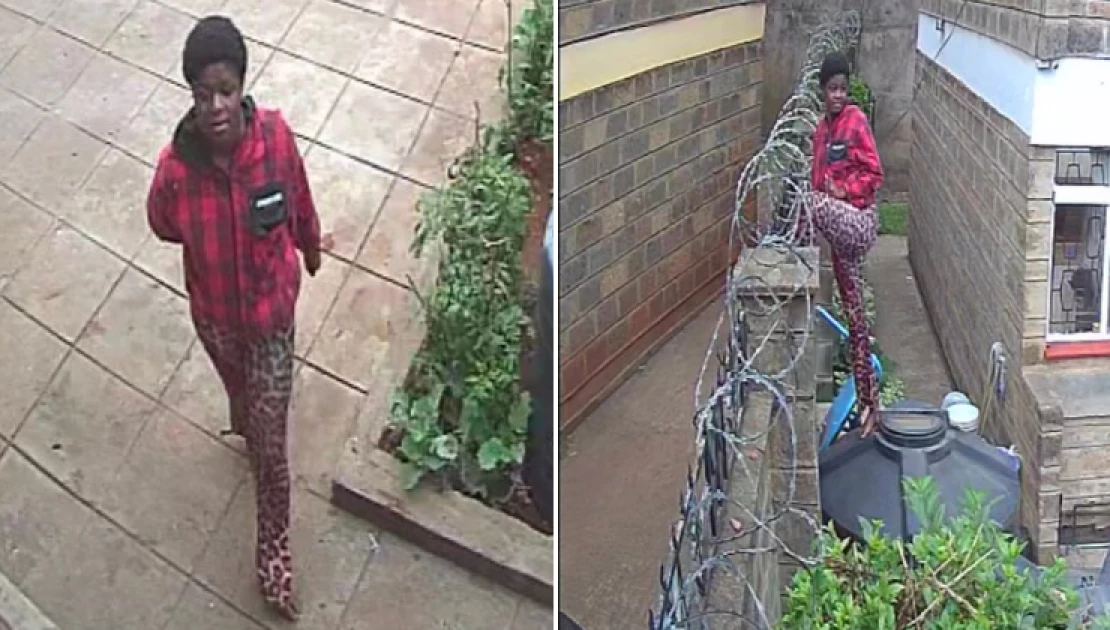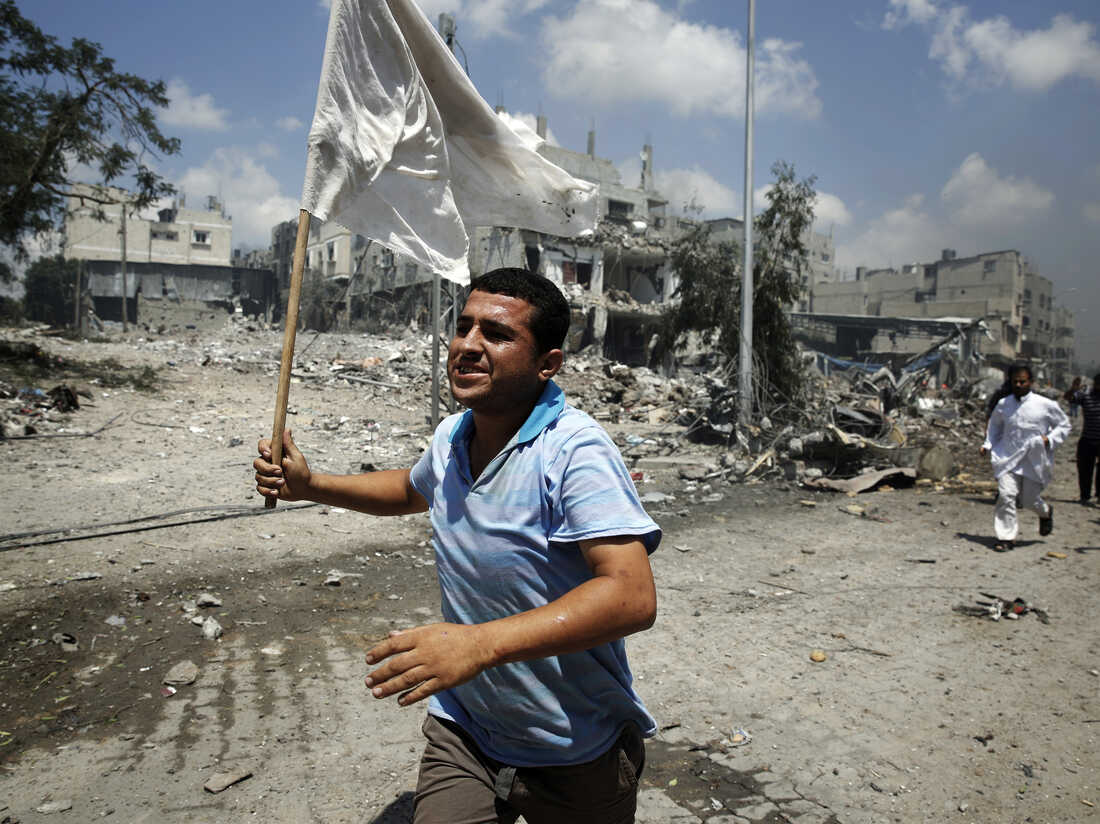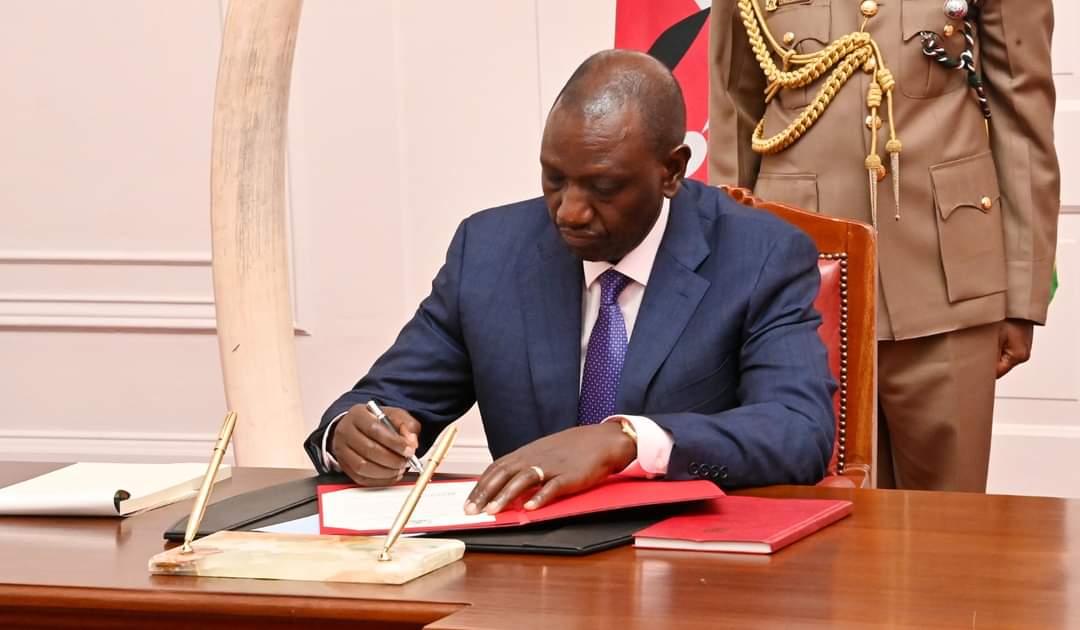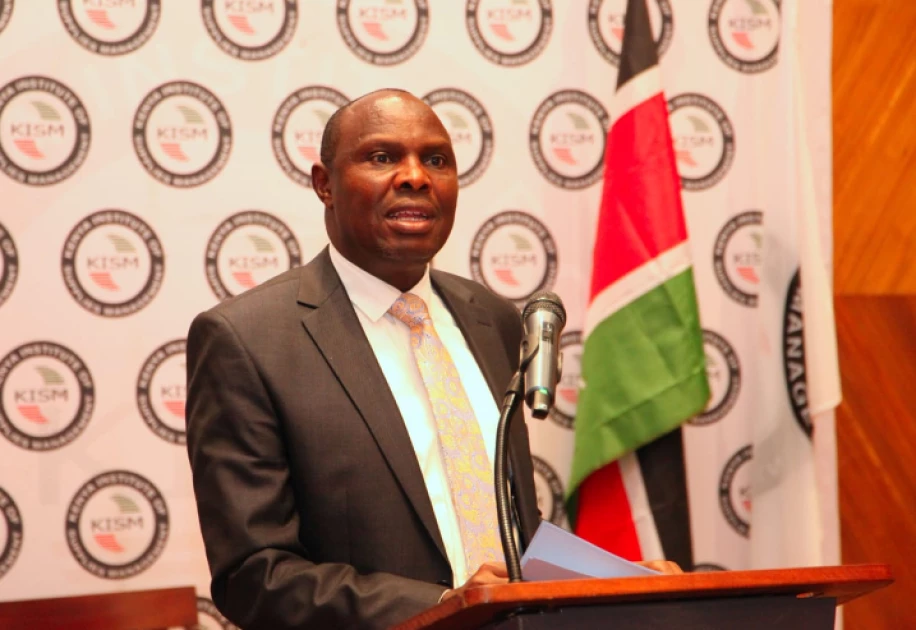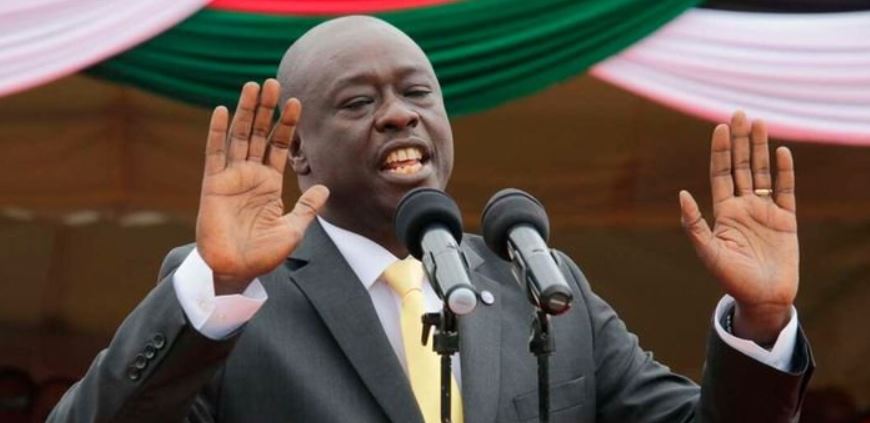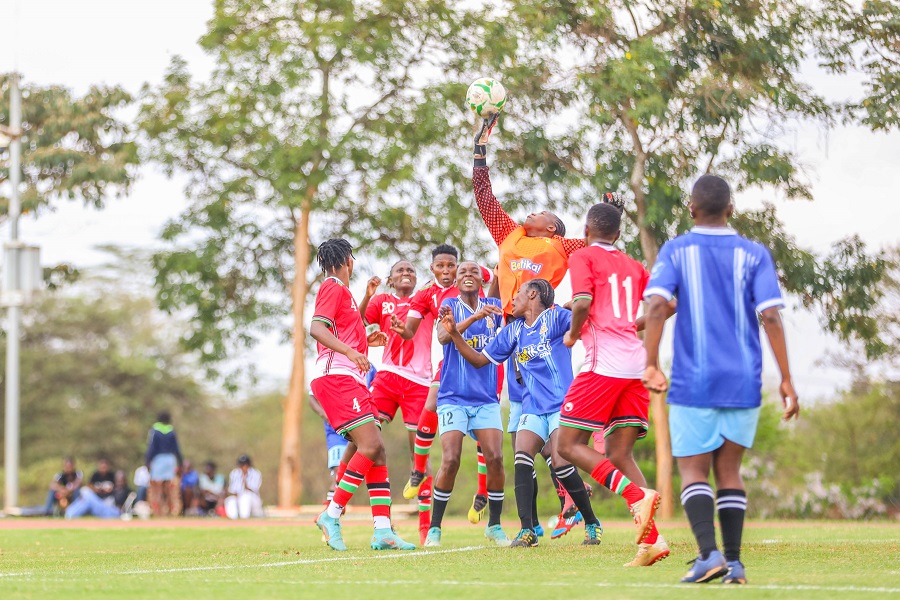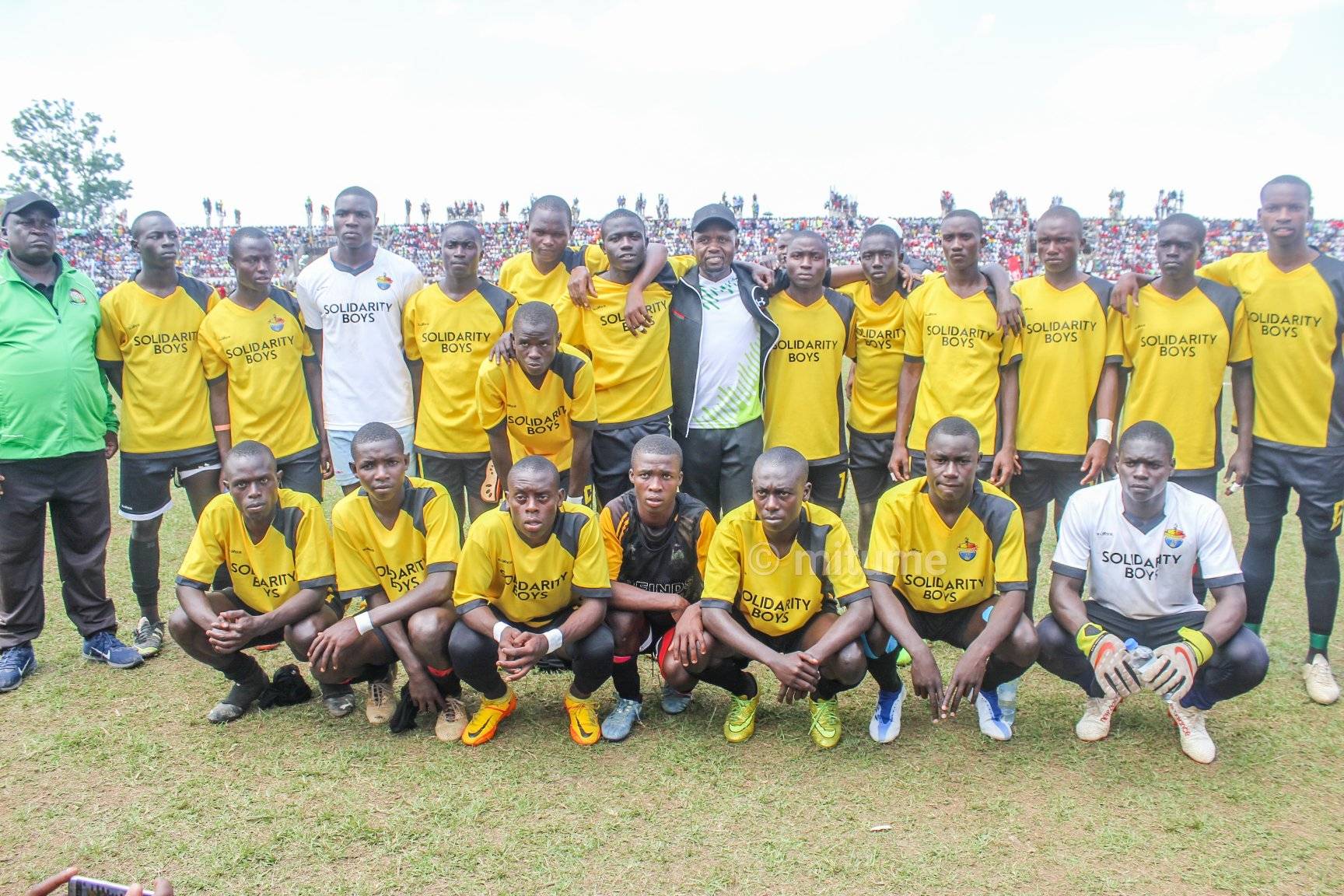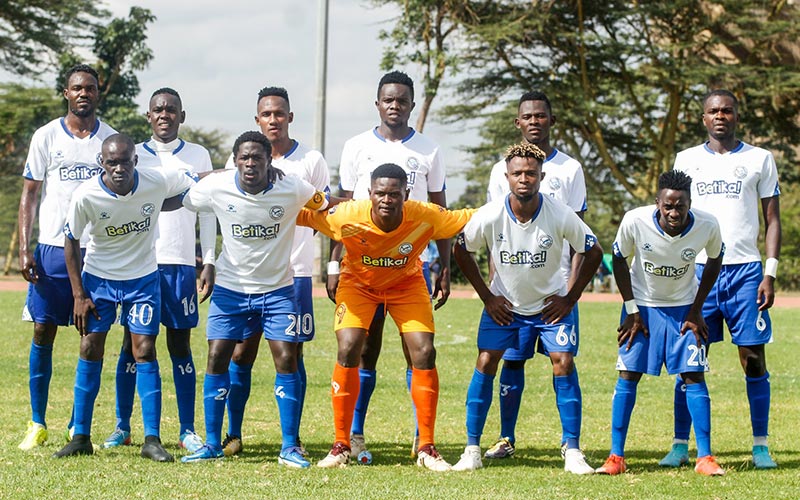The Ministry of Health has dismissed rumors of an Antiretroviral (ARV) drug shortage in Kenya, confirming that there is no shortage of these essential medications. The clarification, made on Wednesday, January 15, by Waqo Erjesa, the Chief Executive Officer of the Kenya Medical Supplies Authority (KEMSA), reassured the public that ARVs are adequately stocked in the country.
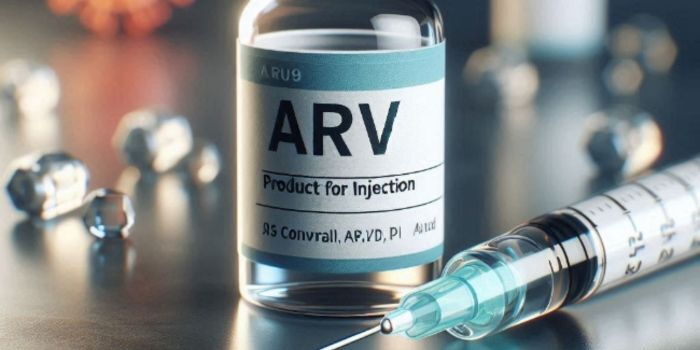

Clarification on Regimen Change
Erjesa attributed any confusion regarding the availability of ARVs to a recent change in treatment regimens. Specifically, Dolutegravir (DTG) has replaced Atazanavir in HIV treatment protocols, and some patients may not have been properly informed about this transition. The KEMSA CEO emphasized that this switch was part of a global health initiative to improve HIV treatment but clarified that it had led to misunderstandings among some patients.
“We are stable courtesy of the Government of Kenya, the Global Fund, and the United States Government. With all these combined, we have enough ARVs,” Erjesa said.
Addressing Concerns About HIV Treatment and Prevention
Despite the clarification, concerns were raised earlier regarding the availability of HIV treatment and prevention tools. Dr. Ruth Laibon-Masha, the CEO of the National Syndemic Diseases Council, highlighted the severe impact a shortage could have on the fight against HIV, with 1.378 million people living with HIV in Kenya. She expressed worry that inadequate access to HIV medications and condoms could reverse years of progress made in combating the epidemic.
Recent reports indicated 16,752 new HIV infections in 2024, alongside 20,480 AIDS-related deaths, including 2,607 child deaths. These alarming figures fueled anxiety among the affected population and health professionals.
Shortage of BCG Vaccines
In addition to the ARV discussion, the issue of vaccine shortages was also addressed. KEMSA confirmed a shortage of Bacillus Calmette–Guérin (BCG) vaccines, which are critical for newborns. Erjesa assured that 2.34 million doses of the BCG vaccine would be received by the end of January 2025, and in the interim, redistribution efforts are underway to ensure that high-volume facilities receive sufficient supplies.
“We have placed an order and we are going to get 2.34 million doses of the vaccine by the end of this month,” he said, noting that records are being kept to ensure missed vaccinations can be caught up once the vaccines arrive.
Conclusion
The Ministry of Health’s swift response aims to alleviate concerns regarding HIV treatment and vaccines, assuring the public that the situation is being actively managed. The government, along with international partners like the Global Fund and the U.S. government, remains committed to ensuring the continuous supply of essential health resources.









































































